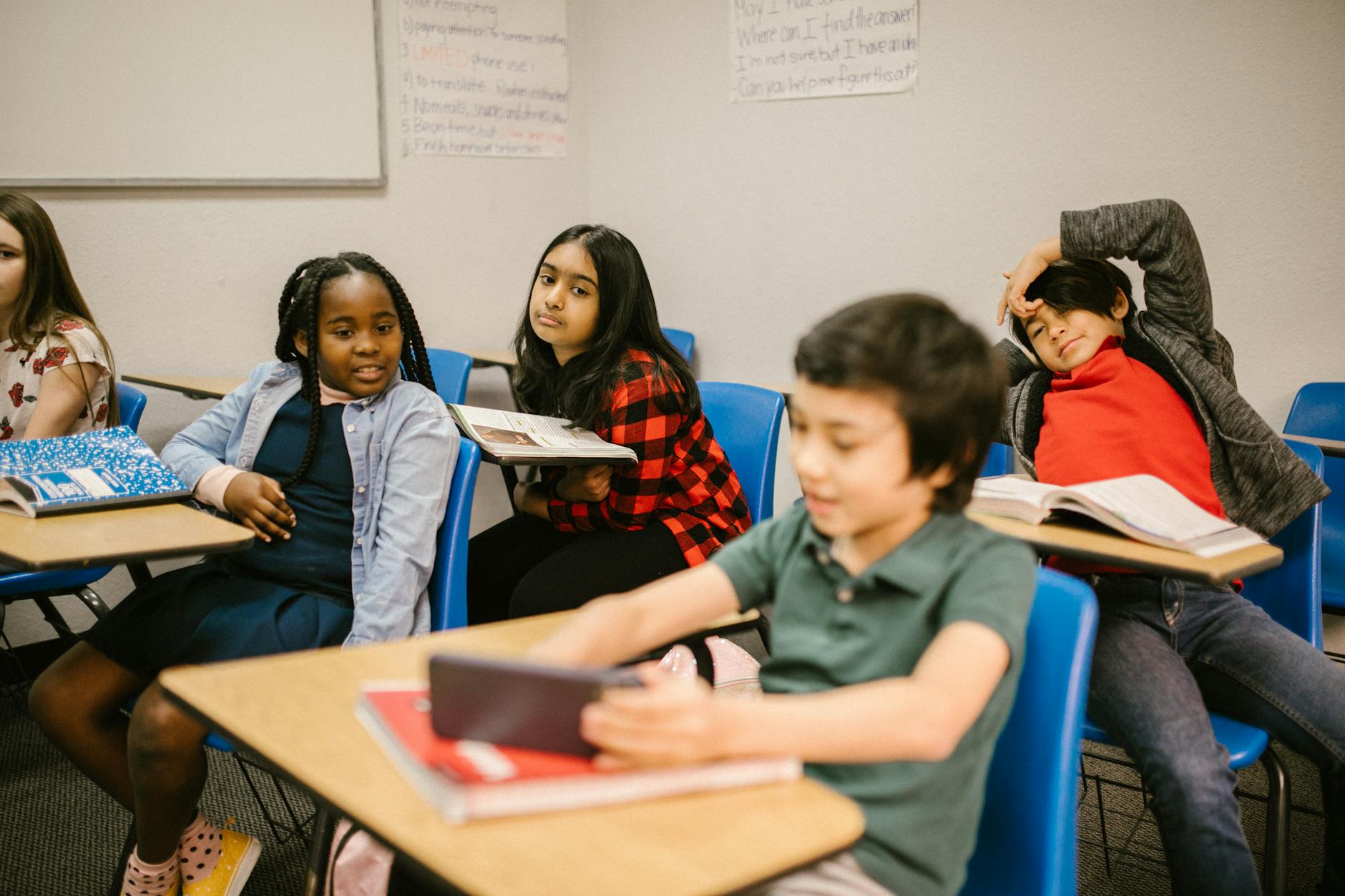How to Enhance Your Aged Care Skills in Australia with Continued Education

Understanding Continued Education
Types of Available Courses
As someone dedicated to providing quality care, it's essential to be aware of the various avenues for continued education. Child care courses are an option that might not immediately seem relevant to aged care professionals. However, these courses offer valuable insights into developmental milestones and behavioral understanding that could broaden your caregiving approach. Beyond child care, there are numerous other educational paths that can enrich your skills, such as geriatric care workshops or palliative care modules offered at venues like the Brisbane Convention & Exhibition Centre.
Accreditation Requirements
Ensuring the educational courses you choose are accredited is crucial for keeping your professional certifications up-to-date. Accreditation not only validates the quality of the course but also ensures that your efforts contribute toward your career progression. In Australia, recognized institutions offering these courses are often affiliated with healthcare establishments, like Royal Brisbane and Women's Hospital, guaranteeing that the learning aligns with both national standards and practical expertise.
Course Delivery Methods
Given the demands of a healthcare schedule, flexibility in course delivery can significantly affect your capacity to engage in continued education. Options range from traditional in-person classes at local institutes to online modules that provide the ability to learn at your own pace. Online courses are particularly useful for those balancing work and study, allowing you to fit learning into your daily routine without overwhelming your current commitments. With these varied methods, continued education becomes a feasible endeavor that complements rather than competes with your professional life.
Selecting the Right Courses
Aligning With Career Goals
Selecting a course in early childhood education that aligns with your professional aspirations is crucial. As a caregiver in aged care, understanding the parallels between age extremes can provide a unique perspective on care delivery. It's essential to choose programs that not only enhance your current expertise but also inspire growth into new areas, perhaps adding dimensions to your role at facilities like the Royal Brisbane and Women's Hospital. Consider course offerings that provide insights relevant to your specific interests, such as holistic care approaches or interdisciplinary teamwork.
Balancing Work and Study
Balancing your professional responsibilities with ongoing studies requires careful planning. Many child care courses offer flexible schedules, enabling you to maintain your commitments while advancing your qualifications. Consider online or part-time options that fit around your shifts at places like the Fortitude Valley elder care centres. Think about setting specific goals for each week to manage your workload without sacrificing the quality of care you provide to your patients.
Evaluating Course Content
Evaluating course content is an integral step in this educational journey. Look for comprehensive curriculums that offer practical skills and theoretical knowledge. Courses that are regularly updated to reflect the latest healthcare advancements may be particularly beneficial, providing you with the skills needed to navigate complex care scenarios. Engaging with workshops, like those held at the Brisbane Convention & Exhibition Centre, can further enhance the knowledge gained, ensuring you're well-equipped to meet diverse patient needs.
Benefits of Continued Education
Improving Patient Care
Continued education has the potential to significantly improve patient care in aged care settings. By enrolling in aged care courses, you gain insights into the latest care techniques and best practices that can enhance the lives of your patients. These courses often cover a range of topics, from patient nutrition to effective communication, allowing you to tailor care plans that truly cater to individual needs. Education updates provide the knowledge necessary to implement innovative approaches for elderly care, ultimately leading to better health outcomes and patient satisfaction.
Career Advancement Opportunities
Pursuing continued education is not only beneficial for patient care but also for career growth. Gaining additional qualifications and skills can open doors to advanced roles within the healthcare sector. If you're looking to elevate your position at establishments such as the Royal Brisbane and Women's Hospital or elder care centers in the Fortitude Valley, having a certification from a reputable course can be a significant advantage. Many professionals have found that these educational pursuits lead to greater job satisfaction and career longevity.
Staying Updated with Trends
Finally, ongoing education keeps you updated with the latest trends in aged care. The healthcare field is ever-evolving, and staying informed is crucial for providing the best care possible. Participating in workshops at places like the Brisbane Convention & Exhibition Centre can complement your coursework by showcasing cutting-edge methodologies and peer-reviewed studies. This commitment to learning ensures you remain a competent and competitive professional in the field.
Best Practices for Continued Education in Aged Care
Crafting a Study Schedule
Balancing the demands of work and study can be quite the juggle, especially when you're committed to providing exceptional care. Creating a dedicated study schedule is key. Break your workload into manageable chunks, perhaps planning around quieter times at work or family commitments. Take inspiration from my time attending workshops at the Brisbane Convention & Exhibition Centre, where I learned to prioritise effectively. Never underestimate the power of a well-thought-out plan to ensure you stay on top of your education on aged care.
Engaging with Peers
Participating in peer discussions, whether at local elder care centres in Fortitude Valley or through online forums, is invaluable. Sharing experiences and insights fosters a sense of community while deepening your understanding of the material. During my visits to the Royal Brisbane and Women's Hospital, I saw firsthand how collaboration among caregivers ignites innovation and compassion, enhancing our collective ability to provide better care. Always seek to surround yourself with those who share your dedication and thirst for knowledge.
Integrating Learning into Daily Practice
When it comes to applying learned skills, start small and build up. Integrate new techniques gradually into your daily routines, whether updating your communication skill or honing advanced care techniques. Reflect on what works best for both you and your patients. These hands-on applications not only solidify newfound knowledge but can lead to more meaningful and enriched caregiving experiences, reinforcing the compassion that drives us in this field. Incorporate fresh practices at a pace that respects both your growth and the dignity of those you care for.


